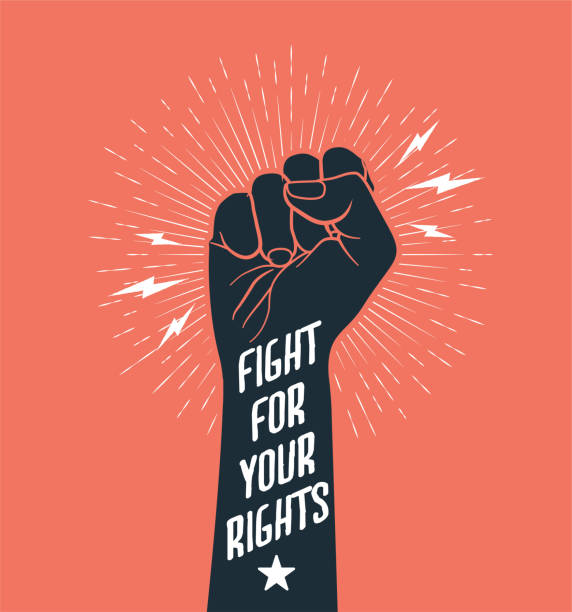
I left my house armed with my voter’s card, my breakfast of hot pap and moin-moin, my laptop, iPad and power banks, ready for a long day. I was committed to casting my vote in the Lagos State local government elections. I recall having had prior conversations with many people who are sincerely tired of the status quo. We encouraged one another to go out in our numbers to vote. But when I got to my ward, #013 on Admiralty Road, Lekki, at around 9 am, I met only a few people, mostly men. I felt deflated. Here we were on election day, with just a handful of voters at the polling booths!
While we waited for the Lagos State Independent Electoral Commission (LASIEC) officials, some of us decided to drive around VI and Lekki, covering about eight wards. To my chagrin, the situation was generally the same: low turnout, notably very few women, and delayed election materials.
At that moment, I realised that we, the electorate, have a lot of work to do.
I picked up my phone and started calling the women I knew, challenging them about their lack of commitment. My issue was not who they would vote for; but, instead, their disengagement with the electoral process. Hours later, at around 3 pm, LASIEC officials arrived, and I could finally vote.
Enough of the complaints about our government!
If we, the citizens, will not exercise our power and rights on election day, will the government do that for us? If we honestly and truthfully desire a change, it must be disruptive. We must be willing to exercise our voting rights as good citizens of Nigeria and drive that change at whatever cost.
Nigeria at 61: Who Are We?
Nigeria is a country of great people.
With a population of about 200 million, our country is rich in natural resources. We are blessed with a multi-talented, creative, youthful population. We are home to diverse ethnicities with a rich cultural heritage.
Nigerians blaze a trail in various fields, including entertainment, creative arts, medicine, technology, research, agriculture, international development, and the arts. Our talent is in demand worldwide. Countries vie to attract Nigerians as key workers.
This begs a critical question: What do others see in Nigerians that we don’t see in ourselves?
As great as she is, Nigeria is plagued with challenges. Our political leadership has truncated our national growth and development. Post-independence, selfless leadership and good governance continue to evade us. We have become the poverty capital of the world. Nigerians at home and abroad worry about how to transform the country.
I believe that the required transformation hinges on three things: igniting the Office of the Citizen; forward-thinking political leadership; and strong, corruption-free institutions.
We must realize the power we wield as citizens and exercise it, first by registering to vote! This is a critical task.
The Office of The Citizen
A disservice propagated by the military was the concentration of power at the top. Unfortunately, this thinking has permeated our national consciousness such that, even in a democracy, there is the tendency to think that elected officials are the most powerful people in the country.
No! The Office of the Citizen is the highest in a democracy, higher than the Office of the President.
As a citizen, you have the power to vote, demand accountability, and unseat an underperforming public servant. You can do that because you have the right and authority as a citizen in a democracy.
John F. Kennedy said: “Ask not what your country can do for you, ask what you can do for your country.” Doing for your country starts with getting involved in important discussions. For example, by lending your voice to debates about issues that will uplift society, build productive communities and create an empowered and prosperous citizenry.
Wielding your power starts with understanding the system and being interested enough to know what happens in your space politically, economically and socially. For example, local governments are the closest tier to the people. But one reason for the abysmal turnout recently was that many middle- and upper-class Nigerians don’t relate with local governments, despite their direct responsibility for our basic social infrastructure and amenities. Another reason is many of us no longer believe that our votes count. But they do. Politicians understand this, and that is why some of them will pay for your vote.
In 1993, we had the freest, fairest, and most peaceful election in the history of Nigeria. Notably, the election showcased the power of the citizen. Amidst the fear and uncertainties of the time, citizens, tired of the status quo, elected M.K.O. Abiola as President of the Federal Republic of Nigeria. The population at the time was about 100 million, of which half were adults eligible to vote. Less than 15 million people voted, just under one-third of those eligible. And yet, that relatively small number sowed the seed for our democracy today.
That is the power of the Office of the Citizen.
